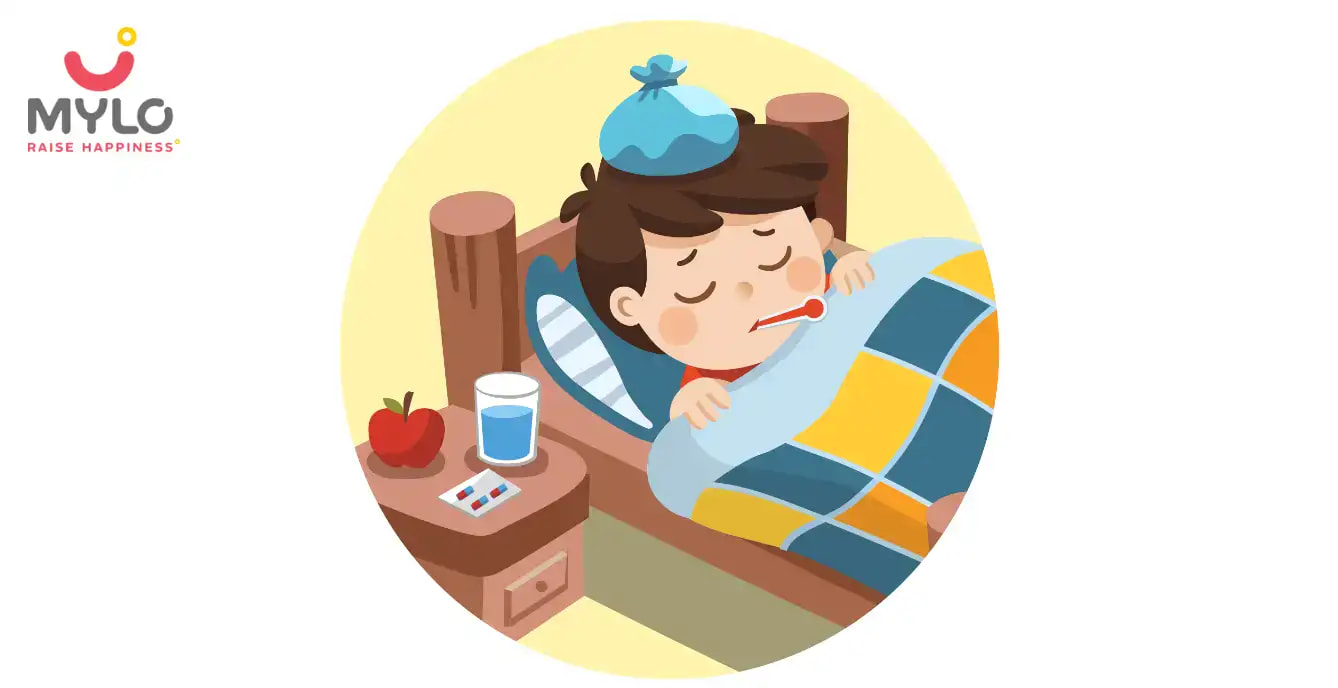Get MYLO APP
Install Mylo app Now and unlock new features
💰 Extra 20% OFF on 1st purchase
🥗 Get Diet Chart for your little one
📈 Track your baby’s growth
👩⚕️ Get daily tips

OR


Article Continues below advertisement
- Home

- Effective Ways to Treat Jaundice in Children: Expert Tips for a Speedy Recovery
In this Article
- Causes of jaundice in children
- Physiological jaundice
- Breastfeeding jaundice
- Breast milk jaundice
- Blood type incompatibility
- Liver disease
- Infections
- Medications
- Symptoms of jaundice in children
- 1. Pale stools
- 2. Dark urine
- 3. Itching
- 4. Abdominal pain
- 5. Fatigue
- 6. Poor appetite
- 7. Weight loss
- Treatment of Jaundice in Children
- 1. Phototherapy
- 2. Exchange transfusion
- 3. Medications
- 4. Treating underlying conditions
- 5. Proper nutrition
- 6. Surgery
- Diet Precautions if your child has jaundice
Baby Care
 1278
1278Effective Ways to Treat Jaundice in Children: Expert Tips for a Speedy Recovery
Updated on 18 April 2023



Medically Reviewed by
Dr. Sameer Awadhiya
Dr Sameer has more than 10 Years of Experience as a specialist and more than 19 years of total experience - MBBS| DCH, DNB
View Profile

Jaundice is a common condition that affects many newborns and infants. It can cause yellowing of the skin and eyes and sometimes be a sign of a more serious underlying condition. If you suspect your child has jaundice, it's essential to seek medical attention immediately.
In this guide, we will provide expert tips on effectively treating jaundice in children so that your little one can recover quickly. We will cover a range of treatment options, including medical treatments and home remedies, as well as ways to prevent jaundice from recurring.
Causes of jaundice in children
Jaundice in children is a common condition that causes the yellowing of the skin and whites of the eyes. It occurs when there is an excessive buildup of bilirubin, a yellow pigment formed by the breakdown of red blood cells in the blood. Here are some possible causes of jaundice in children:
Article continues below advertisment
-
Physiological jaundice
This is the most common cause of jaundice in newborns. It occurs when the baby's liver is not yet fully developed and cannot process bilirubin efficiently.
-
Breastfeeding jaundice
In some cases, breastfeeding may contribute to jaundice in newborns. This occurs when the baby is not getting enough breast milk, which can cause dehydration and lead to a buildup of bilirubin in the blood.
-
Breast milk jaundice
This rare condition occurs in some breast-fed infants. It is thought to be caused by a substance in breast milk that interferes with the breakdown of bilirubin.
-
Blood type incompatibility
Jaundice can occur in newborns if their blood type is incompatible with their mother's. This can lead to the destruction of red blood cells and the buildup of bilirubin in the blood.
-
Liver disease
Jaundice can also be caused by liver diseases such as hepatitis, cirrhosis, and biliary atresia. These conditions can cause damage to the liver, leading to a buildup of bilirubin in the blood.
Article continues below advertisment
-
Infections
Certain infections, such as sepsis or cytomegalovirus (CMV), can cause jaundice in children.
-
Medications
Some medications can cause jaundice as a side effect. These include antibiotics, anticonvulsants, and chemotherapy drugs.
It is essential to consult a healthcare provider if a child develops jaundice, as it may indicate a more serious underlying condition.
Symptoms of jaundice in children
The most common symptom of jaundice in children is the yellowing of the skin and whites of the eyes. This occurs due to the buildup of bilirubin in the blood, which causes a yellow pigment to accumulate in the body. Other symptoms of jaundice in children may include:
1. Pale stools
Jaundice can cause stools to become pale or clay-coloured.
Article continues below advertisment
2. Dark urine
Bilirubin in the blood can also cause urine to become dark.
3. Itching
In some cases, jaundice can cause itching or a rash on the skin.
4. Abdominal pain
Children with jaundice may experience abdominal pain or discomfort.
5. Fatigue
Jaundice can cause children to feel tired or weak.
6. Poor appetite
Children with jaundice may have decreased or difficulty feeding.
Article continues below advertisment
7. Weight loss
Jaundice can cause children to lose weight due to a lack of appetite or difficulty feeding.
It is important to note that not all children with jaundice will exhibit all of these symptoms. If you suspect your child may have jaundice, it is essential to seek medical attention promptly to determine the cause and receive appropriate treatment.
Treatment of Jaundice in Children
The treatment of jaundice in children depends on the underlying cause. Sometimes, no treatment may be necessary, and the condition will resolve independently. However, in other cases, treatment may be necessary to prevent complications. Here are some common treatments for jaundice in children:
1. Phototherapy
This is a standard treatment for jaundice in newborns. The baby is placed under unique blue lights, which help break down bilirubin in the skin. Phototherapy is usually effective and has few side effects.
2. Exchange transfusion
This is a more invasive treatment for severe cases of jaundice in newborns. It involves replacing the baby's blood with donor blood to remove excess bilirubin. Exchange transfusion is only used in rare cases when phototherapy is not adequate.
Article continues below advertisment
3. Medications
In cases where an infection or liver disease causes jaundice, medication may be necessary to treat the underlying condition.
4. Treating underlying conditions
If jaundice is caused by an underlying condition, such as hepatitis or biliary atresia, treating that condition is essential to resolving jaundice.
5. Proper nutrition
Ensuring that a child with jaundice gets proper nutrition, whether through breast milk or formula, is essential for their overall health.
6. Surgery
In some cases, surgery may be necessary to correct the underlying cause of jaundice, such as in cases of biliary atresia.
Diet Precautions if your child has jaundice
If your child has jaundice, it is essential to follow a healthy diet that can aid in recovery. Here are some dietary precautions that you should follow:
Article continues below advertisment
-
Breastfeeding the baby regularly: Breastfeeding is one of the most important things you can do to help your baby recover from jaundice. It helps to flush out excess bilirubin from the body, which is one of the causes of jaundice.
-
Avoid giving formula milk: Formula milk can be harder for your baby's liver to digest and may contribute to higher bilirubin levels. If your child cannot breastfeed, consult your paediatrician about alternative options.
-
Offer frequent feedings: Feeding your baby more often will help to flush out bilirubin from the body. Offer the baby a feeding every 2-3 hours.
-
Ensure adequate hydration: Ensure your child is well hydrated by offering them plenty of fluids. This will help to flush out excess bilirubin from the body.
-
Avoid certain foods: Avoid giving your child foods that are difficult to digest, such as fatty or spicy foods, until their jaundice has entirely resolved.
Article continues below advertisment
-
Consult a paediatrician: Always consult a paediatrician before changing your child's diet or feeding routine.
Article continues below advertisment





Medically Reviewed by
Dr. Sameer Awadhiya
Dr Sameer has more than 10 Years of Experience as a specialist and more than 19 years of total experience - MBBS| DCH, DNB
View Profile


Written by
Mylo Editor
Official account of Mylo Editor
Read MoreGet baby's diet chart, and growth tips

Related Articles
RECENTLY PUBLISHED ARTICLES
our most recent articles

Fun & Humour
10 Best Original Movies to Watch on Netflix
(4,482 Views)
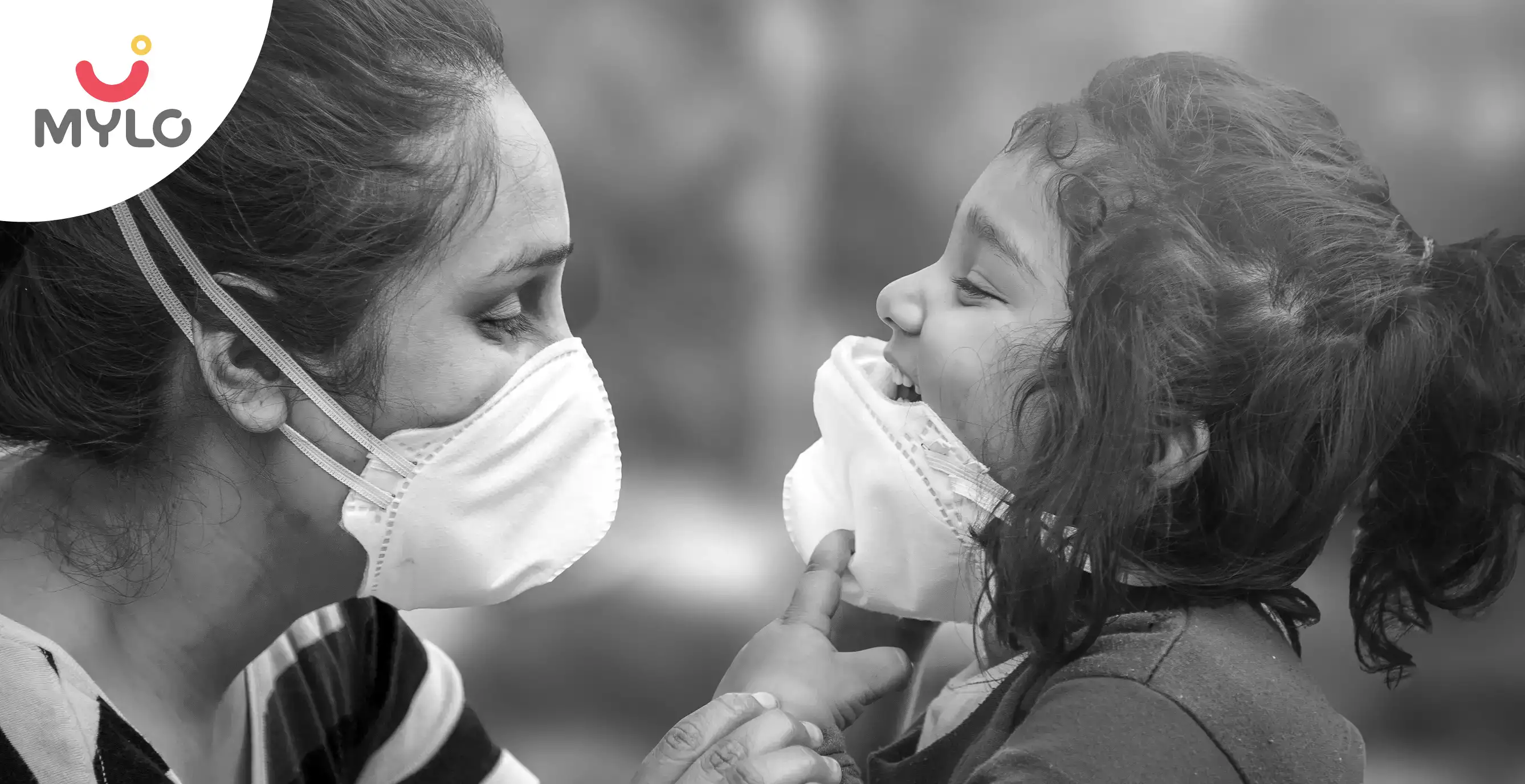
Symptoms & Illnesses
Flu, Change of Season or New Covid Variant, XBB.1.16- What’s Causing These Symptoms?
(5,259 Views)
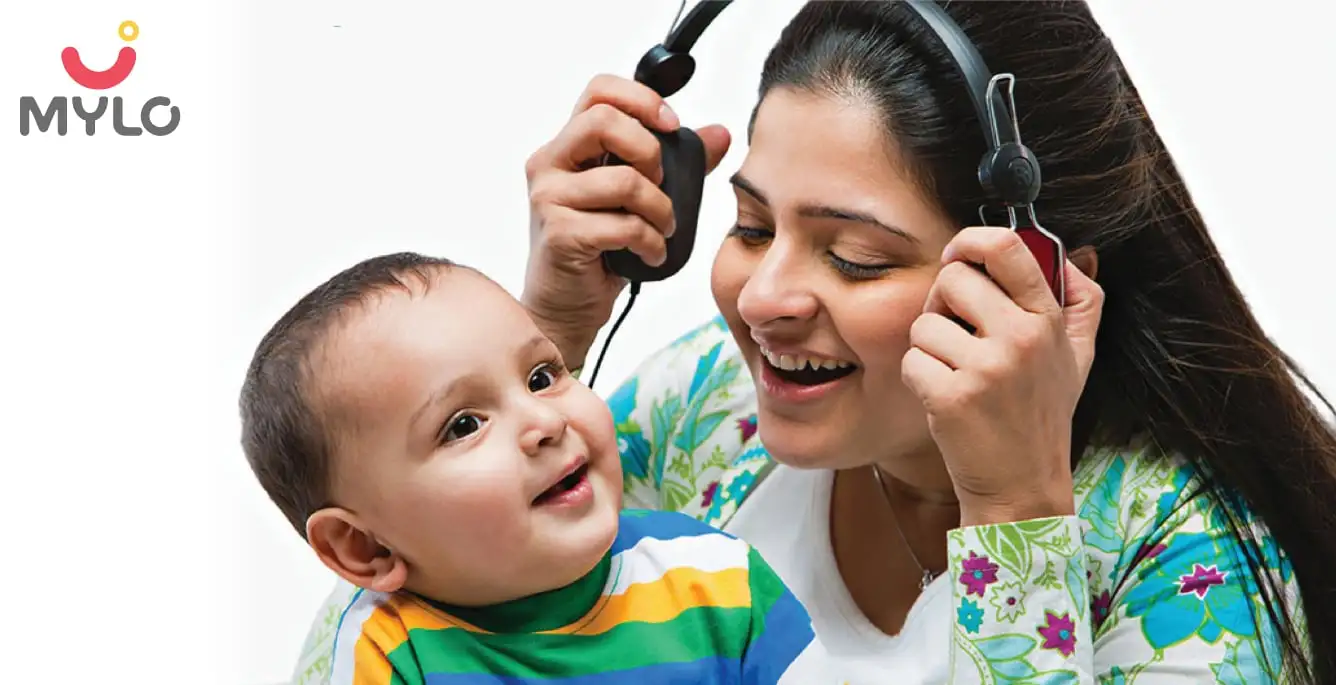
5 Ways In Which Music Can Boost Your Baby's Brain Development
(8,507 Views)
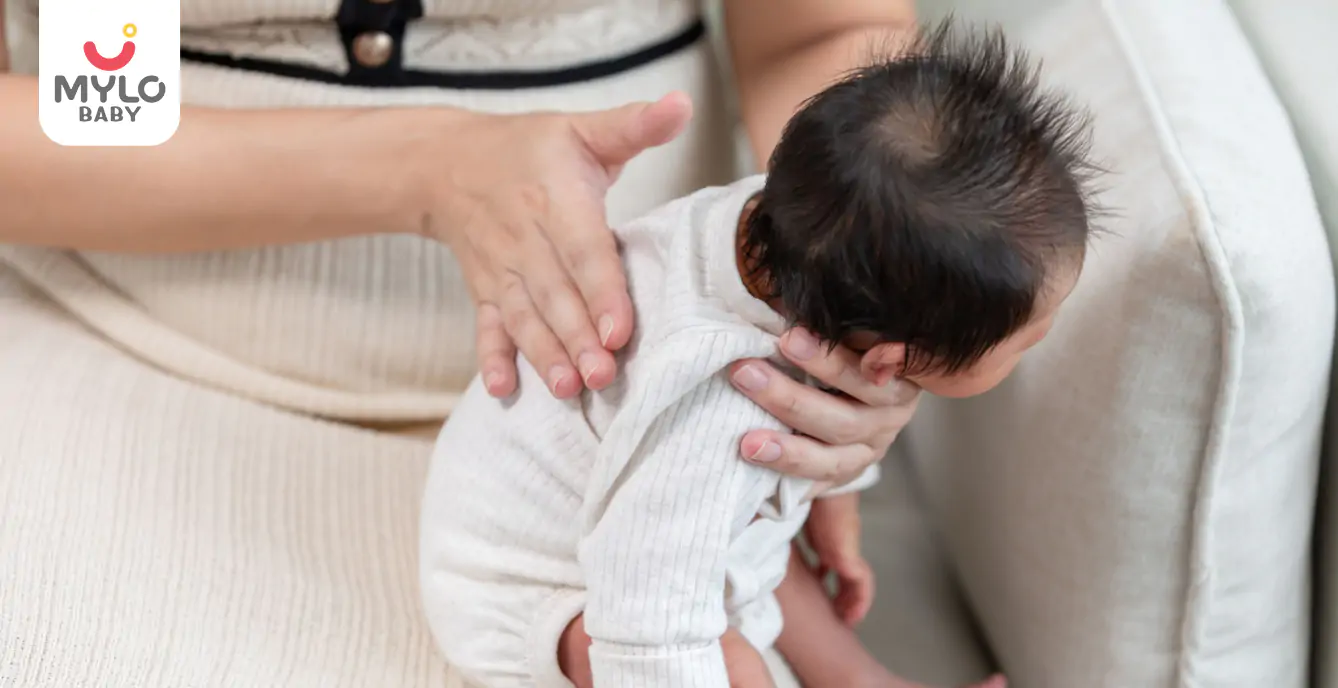
Hiccups
How to Stop Baby Hiccups: Everything You Need to Know
(63,097 Views)
topics
“Staying Active and Healthy: The Benefits of Safe Exercise During Pregnancy”
(3,713 Views)
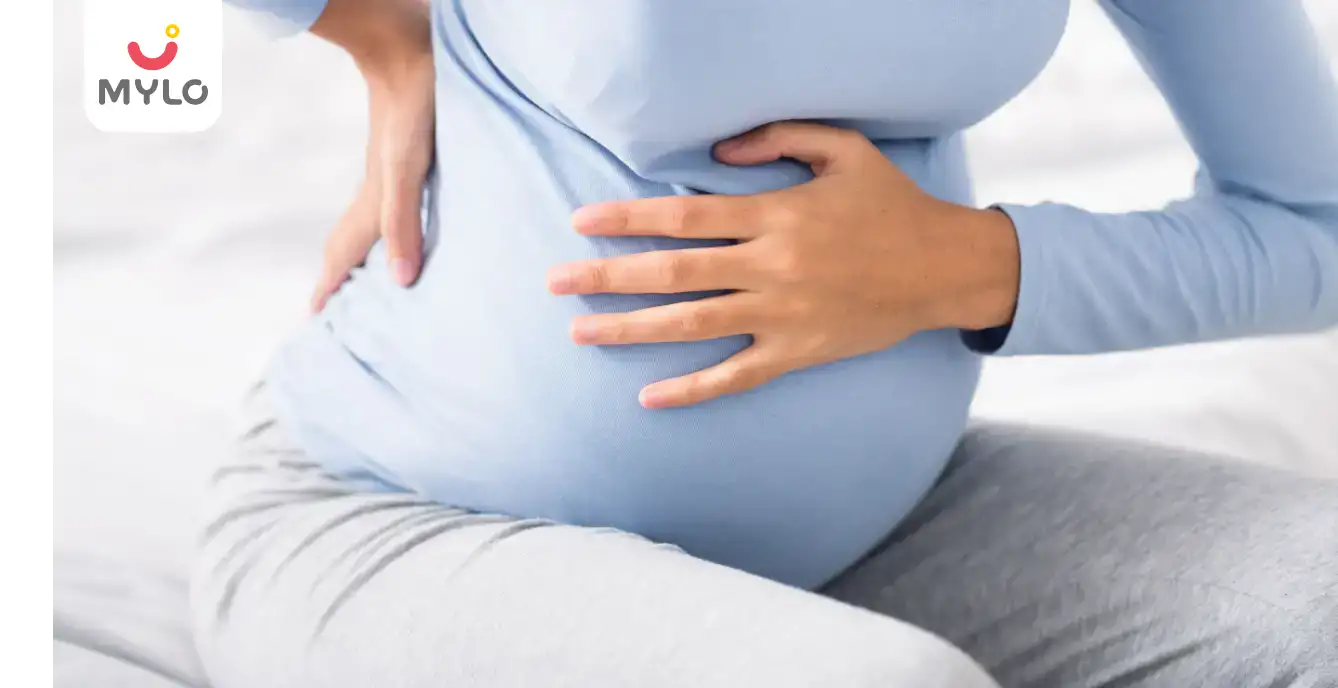
Health & Wellness
Appendicitis In Pregnancy Symptoms, Diagnosis & Surgery
(147 Views)
- 5 Common Myths Busted About Baby Sleep
- “Ectopic Pregnancy: All You Need to Know About This Complication”
- Importance of Typhoid vaccines
- Benefits of eating nuts
- Can One Induce Labor Naturally?
- Should One Consider Keeping Their Pregnancy A Lowkey News?
- Destination decide
- After delivery pregnancy
- Mylo....
- Meri folecular study hui hai mujhe last 10, 12 din drest halka halka pain ho raha tha but kal band ho gaya kya ye period ka lakshan hai ya fir pregnancy ka
- cute baby
- Blessings
- Summer hacks that makes up your skin healthy
- Want to know


AWARDS AND RECOGNITION
Mylo wins Forbes D2C Disruptor award
Mylo wins The Economic Times Promising Brands 2022
AS SEEN IN
















At Mylo, we help young parents raise happy and healthy families with our innovative new-age solutions:
- Mylo Care: Effective and science-backed personal care and wellness solutions for a joyful you.
- Mylo Baby: Science-backed, gentle and effective personal care & hygiene range for your little one.
- Mylo Community: Trusted and empathetic community of 10mn+ parents and experts.
Product Categories
baby carrier | baby soap | baby wipes | stretch marks cream | baby cream | baby shampoo | baby massage oil | baby hair oil | stretch marks oil | baby body wash | baby powder | baby lotion | diaper rash cream | newborn diapers | teether | baby kajal | baby diapers | cloth diapers |



